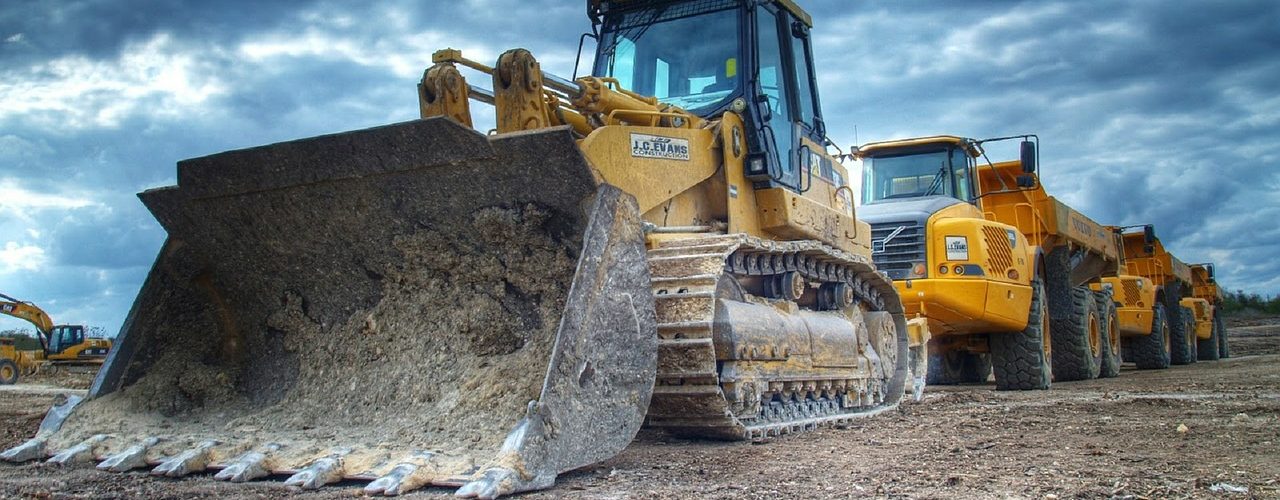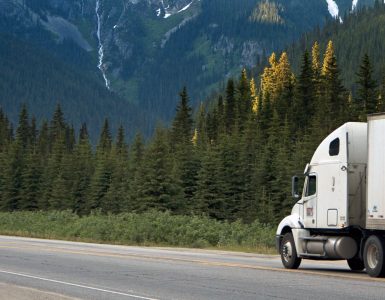In a ruling that sent shockwaves through the nation’s mining industry, a federal judge in Arizona has vacated the permit for mining giant Hudbay Minerals Inc. to begin construction on its $1.9 billion Rosemont copper mine southeast of Tucson.
The decision comes after Hudbay underwent 11 years of intense regulatory scrutiny and legal challenges, spent $100 million to comply with state and federal regulations to get permitted, and entered required agreements totalling $150 million for conservation and community projects.
Now, everything is on hold – once again.
U.S. District Judge James Soto ruled July 31 that Rosemont Copper Co. does not have a valid claim to almost 2,500 acres of U.S. Forest Service land it received approval to use. Soto ruled that the Forest Service erred when it issued its approval for the mine in 2017 in its Final Record of Decision. Judge Soto also remanded a 2013 environmental impact statement that would allow the disposal of mined rock and other waste on the property.
The decision halts the project that was scheduled to start construction this month after receiving approval from another federal agency, the Army Corps of Engineers.
Contrary to more than a century of legal decisions
Mining industry experts said the ruling poses harm to local economies across Arizona and the nation.
“This is yet another example of the protracted delays that plague the U.S. mine permitting process. It is no wonder that our import dependence continues to grow for the minerals that we could – and should – be sourcing here at home,” said Steve Trussell, Executive Director of the Arizona Mining Association and the Arizona Rock Products Association.
The National Mining Association said the ruling is contrary to U.S. Supreme Court actions that date back to the federal General Mining Act of 1872. The law authorizes and governs prospecting and mining for economic minerals on federal public lands.
“We see this as a fundamentally flawed decision that conflicts with more than a century of U.S. Supreme Court decisions,” said Conor Bernstein, Senior Director of Communications for the association. “Specifically, the court misconstrues existing legal precedent regarding rights conveyed by the Mining Law to owners of unpatented claims and the ability to use surface resources to further the development of those claims.”
Hudbay to appeal ruling
After the judge’s ruling, Hudbay’s Interim President and Chief Executive Officer Peter Kukielski issued a statement saying the corporation will appeal to the Ninth Circuit Court of Appeals in San Francisco.
“We are extremely disappointed with the court’s decision. We strongly believe that the project conforms to federal laws and regulations that have been in place for decades,” Kukielski stated. “We will be appealing the decision as we evaluate next steps for the Rosemont Project.”
The project has gone through extensive scrutiny as environmental groups, tribes and citizen groups have filed legal challenges to the mine.
When the Forest Service issued its final decision in June 2017, Rosemont had been scrutinized by 17 cooperating agencies at various levels of government, 16 hearings, over 1,000 studies, and 245 days of public comment resulting in more than 36,000 comments, company and court records show.
Project would bring jobs to areas with high poverty
For rural Arizona, the Rosemont project represents high paying jobs, tax revenues and new business growth in economically distressed areas, business advocacy groups said.
Poverty rates in the region are higher than the national average. In Tucson, the poverty rate was estimated to be 24.1 percent in July 2018, according to the U.S. Census Bureau 2017 five-year American Community Survey.
For southeastern Arizona, the project would uplift the economies of three counties, according to an impact statement by the Forest Service.
If the mine prevails, Pima County, Cochise and Santa Cruz would benefit from higher paying jobs and local vendors would see $90 to $224.2 million a year in direct purchases over the life of the project, according to the Forest Service’s Final Environmental Impact Statement.
The mine is projected to generate an estimated $350 million in new local tax revenues and $107.6 million in tax revenues from direct and indirect employees over the life of the mine, according to the Forest Service impact statement and an economic impact study by Arizona State University conducted in June 2018.
Construction would create over 2,500 direct jobs and 4,060 total jobs during construction, according to the Forest Service impact statement. Wages to direct employees would average more than twice the current median annual income in Pima County, company documents said. The mine would employ over 500 full-time employees directly in mining and process operations, and general administration during active mining operations.
Hudbay meets all environmental standards
All of the required federal agencies have signed off on the project. The U.S. Forest Service has declared it in compliance with all environmental laws and regulations. The U.S. Fish and Wildlife Service declared the project will not cause significant harm to big-cat species like jaguars and ocelots, a concern of citizen groups.
The mine was scheduled to open in 2024. More court battles could easily delay the project indefinitely.
If upheld, the ruling would make opening a large mine on public lands very difficult, John Leshy, a former Interior Department solicitor and retired law professor told the Arizona Daily Star.
That’s bad news for Arizona. In 2017, the mining industry provided a $5.9 billion economic impact to the state, according to the Arizona Mining Association. An estimated 35,940 jobs in Arizona are connected to mining.
The industry has been a major contributor to the state’s economy since the 1850s. The state seal dating back to 1912 depicts a miner, a pick and shovel.
Business groups in support of the Rosemont project include:
- Arizona Chamber of Commerce and Industry
- Tucson Metro Chamber
- Green Valley/Sahuarita Chamber
- Benson/San Pedro Chamber
- Arizona Mining Association
- Southern Arizona Business Coalition
- AMIGOS (Arizona Mining Industry Gets Our Support)
- Southeast Arizona Economic Development Group
















This is nothing more than continued activist harassment thru the judicial branch. 9th Circuit is another liberal obstacle and the case will likely have to be settled by the Supreme Court.